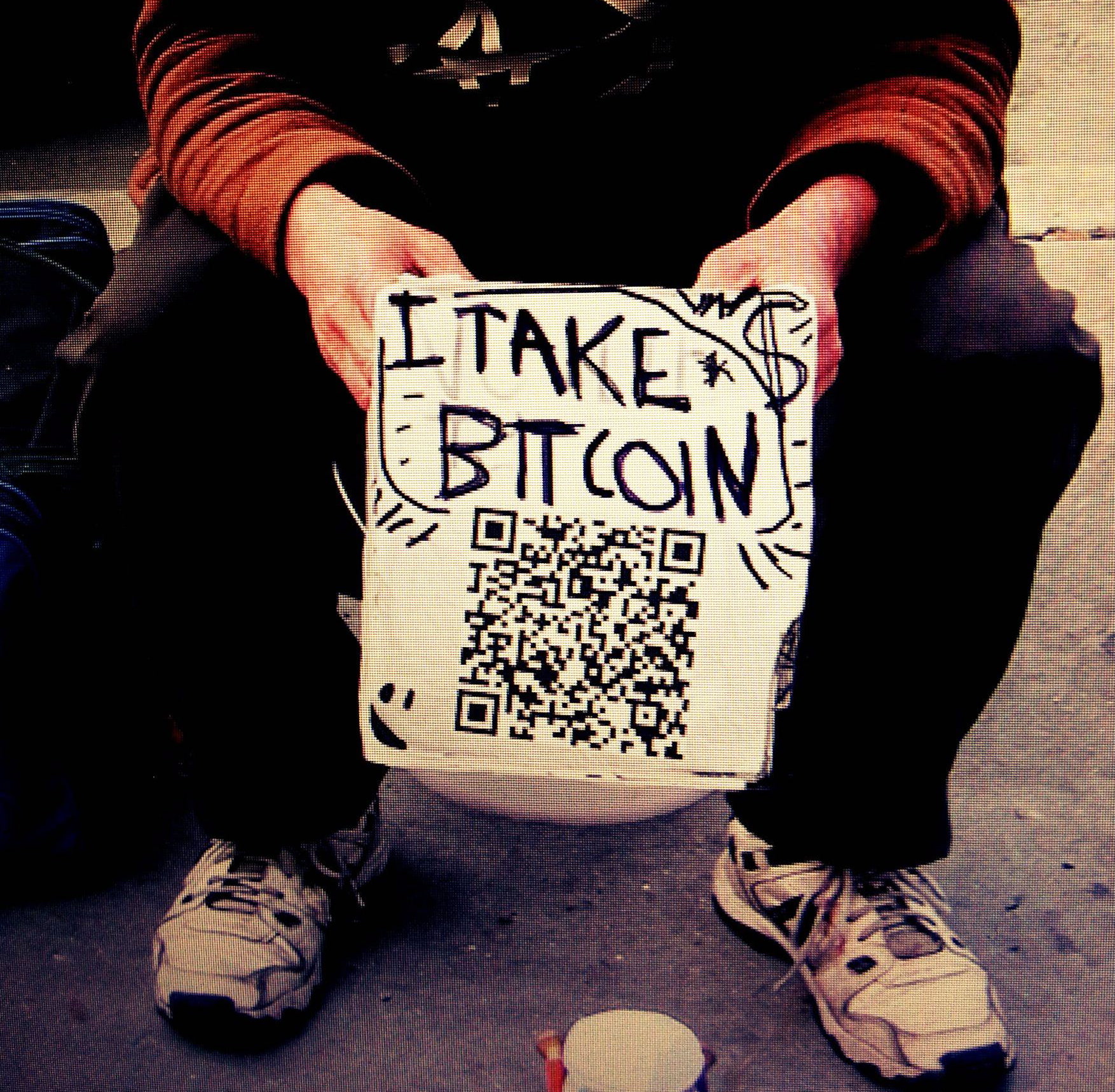In a recent feel-good article, WIRED wrote about a special group of homeless friends in Florida who, equipped with laptops, phones and free WiFi, manage to make ends meet making Bitcoins online.
The tech-savvy Jess Angle spends many hours a day getting paid to watch YouTube clips and to view online ads. Even when he does jobs in the real world, he gets paid in Bitcoins. Not the average homeless person, Angle used to work as a network engineer and a computer repair technician. Since setting up an anonymous, third-party, free, completely digital wallet, Jess has earned between four to five Bitcoins (about $500 to $630) over three to four months.
Through an Android app called Gyft, Angle and his friends then convert Bitcoins into vouchers for a Papa John’s pizza that he can then order online and share in the park. This helps Angle avoid the difficulties and risks of panhandling, which is now illegal in Pensacola and other cities in the US.
It's tempting to be charmed by the idea of an underground economy run by people who live on the borders of the official economic system. Deep-rooted socio-economic issues are, by definition, hard to tackle. However, WIRED's portrait of Bitcoin as the Great Equalizer might seem a bit of an early call considering that this particular group's activities are exceptional, and that fast food pizza can't exactly take down the current economic system.
Yet it's undeniably exciting that Bitcoin has become a currency of real value for a bigger group than just a small elite. Because of its peer-to-peer nature, Bitcoin is already empowering people to create opportunities that used to be unthinkable.
Read the whole story on WIRED. Image from lastminute on Imgur.com. Thanks to Stratos Tzanavaris for the head-up.

Share your thoughts and join the technology debate!
Be the first to comment